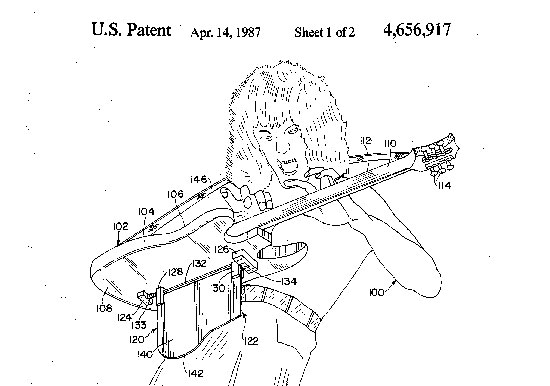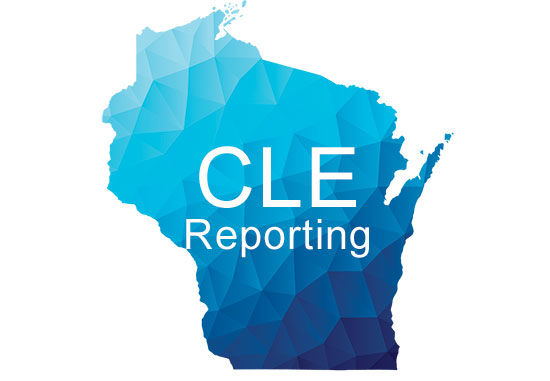Constitutionally Speaking
The Third Amendment and COVID-19

Alexander Zhang, a student in law and history at Yale University, recently wrote an article about the Third Amendment to the U.S. Constitution, which says:
“No Soldier shall, in time of peace be quartered in any house, without the consent of the Owner, nor in time of war, but in a manner to be prescribed by law.”
In other words, the government cannot intrude upon domestic privacy for the purpose of housing soldiers.
Zhang said the Third Amendment derived, in part, from fear – heightened during the French and Indian War (1754-63) – that quartered British soldiers would infect their compelled hosts, the colonists, with smallpox or other disease.
Amid COVID-19, some people contest safety measures and restrictions as a violation of individual liberties.
According to Zhang’s historical account, the Third Amendment was, in part, a safety measure meant to protect the individual right of homeowners to be free from disease.
“It reframes debates over shelter-in-place measures away from a battle between ‘individual’ versus ‘community’ freedom, illustrating how protection from disease was once understood to also secure individual liberty,” Zhang wrote for The Atlantic.
Got a nugget to share? Send your ideas for interesting facts, trends, tips, or other bits and bytes to wislawmag@wisbar.org, or comment below.
Did You Know?
Eddie Van Halen: Epic Guitarist and Patent Holder

Widely considered one of the greatest electric guitarists ever, Edward (“Eddie”) Van Halen died in October at age 65.
He leaves behind an epic rock-n-roll legacy as lead guitarist of the band
Van Halen, which rose to fame in the 1980s.
Eddie was also an inventor. In 1987, he applied for and received a patent, U.S. Pat. No. 4,656,917 (Apr. 14, 1987).
The abstract describes that invention, in part, as a supporting device for stringed musical instruments.
“The device, when in its operational position, has a plate which rests upon the player’s leg leaving both hands free to explore the musical instrument as never before.”
Eddie also invented two-handed tapping, and the patent appears to support that style of play. It is unclear whether he used the device himself or whether it was meant for novices trying to emulate him
Source: USPTO; Lowering the Bar
By the Numbers
72%
– The percentage of legal professionals who believe the U.S. judicial system suffers from systemic racism, according to the 2020 Legal Trends Report from Clio, a practice management software company that surveyed legal professionals in July.
According to the report, which includes data from ongoing surveys of thousands of legal professionals and consumers since the start of the COVID-19 pandemic, 65 percent of legal professionals also believe “that the race or ethnic background of a person significantly affects their ability to receive fair outcomes for their legal issues.” And 60 percent believe “the race or ethnic background of a person significantly affects their opportunity to pursue a career in the legal profession.”
To learn how the State Bar of Wisconsin is working to improve racial equity in the justice system, visit “Racial Equity: It’s Time to Step Up,” wisbar.org/racialequity.
Tech Tip
More Revenue with Electronic Payments

Still not taking electronic payments from clients? Maybe this will get your attention.
“Firms using electronic payments collected $10,429 more per lawyer in 2019, and are projected to collect $15,179 more in 2020,” according the 2020 Legal Trends Report from Clio, a practice management software company. The report used aggregated and anonymized data from tens of thousands of Clio users in the U.S.
Many practice management software platforms have built-in electronic billing services, and payment processors, such as LawPay, offer stand-alone solutions.
Check out State Bar member benefits to learn more about payment processing discounts. Go to wisbar.org/discounts.
Want a deeper dive on client payment options? Attend a half-day seminar on “Fee Agreements, Credit Card Payments, and Trust Account Obligations, 2020,” sponsored by State Bar of Wisconsin PINNACLE®.
Seminar dates: Nov. 11 & Dec. 17 (4 CLE, 4 EPR). Register here.
Quote
It’s just like old wine in new bottles.
– Law Professor Stephen Gillers, an ethics expert at NYU Law School, talking about the ethical implications of using Zoom videoconferencing technology.
“It happened with the telephone, and it happened with emails. Lawyers worry about how we can use it consistent with our professional obligations.”
Gillers was quoted in an article by Ellen Rosen, in the ABA Journal, which noted Zoom’s meteoric rise amid COVID-19 – going from 10 million daily users at the end of 2019 to 200 million users by March 2020.
“Broadly, an overarching concern with attorneys’ working from home applies to all digital communications: Reliance on home computers often uses internet security that pales in comparison to the protections built into professional telecommunications,” she wrote.
Rosen talks about other ethical implications of using Zoom, but ultimately, every new technology will give rise to that discussion, notes Gillers.
Indeed, in 1992, Walworth attorney Lowell Sweet’s article titled “Confidentiality Problems in the Technology Age,” appeared in Wisconsin LawyerTM. It focused on cell phones, emails, fax transmissions, and computer disks.
On the Radar
CLE Reporting Right Around the Corner

Active lawyers admitted to practice law in Wisconsin must obtain at least 30 continuing legal education (CLE) credits every two years. If you were admitted to practice law in an even-numbered year, deadlines are fast approaching.
The reporting period for lawyers admitted to practice in 2016 or 2018 will end on Dec. 31, 2020. Those lawyers must complete and report CLE requirements to the Board of Bar Examiners (BBE).
The reporting period ends Dec. 31, but the BBE rules grant an additional month to obtain and report CLE activity for the reporting period.
To avoid a late filing fee or other penalties, complete 2019-20 courses by Jan. 31, 2021, and submit CLE reports to the BBE by Feb. 1, 2021.
Because of the pandemic, through the end of this year, even-year reporters can now get all 30 credits through on-demand programs. However, the mandatory 3 ethics and professional responsibility (EPR) credits must be completed with live, online programming or in-person courses.
For more information and to access CLE Form 2 to report your credits, visit www.wicourts.gov/services/attorney/edu.htm.
Visit the WisBar Marketplace to find live and on-demand CLE seminars, at https://marketplace.wisbar.org/.
